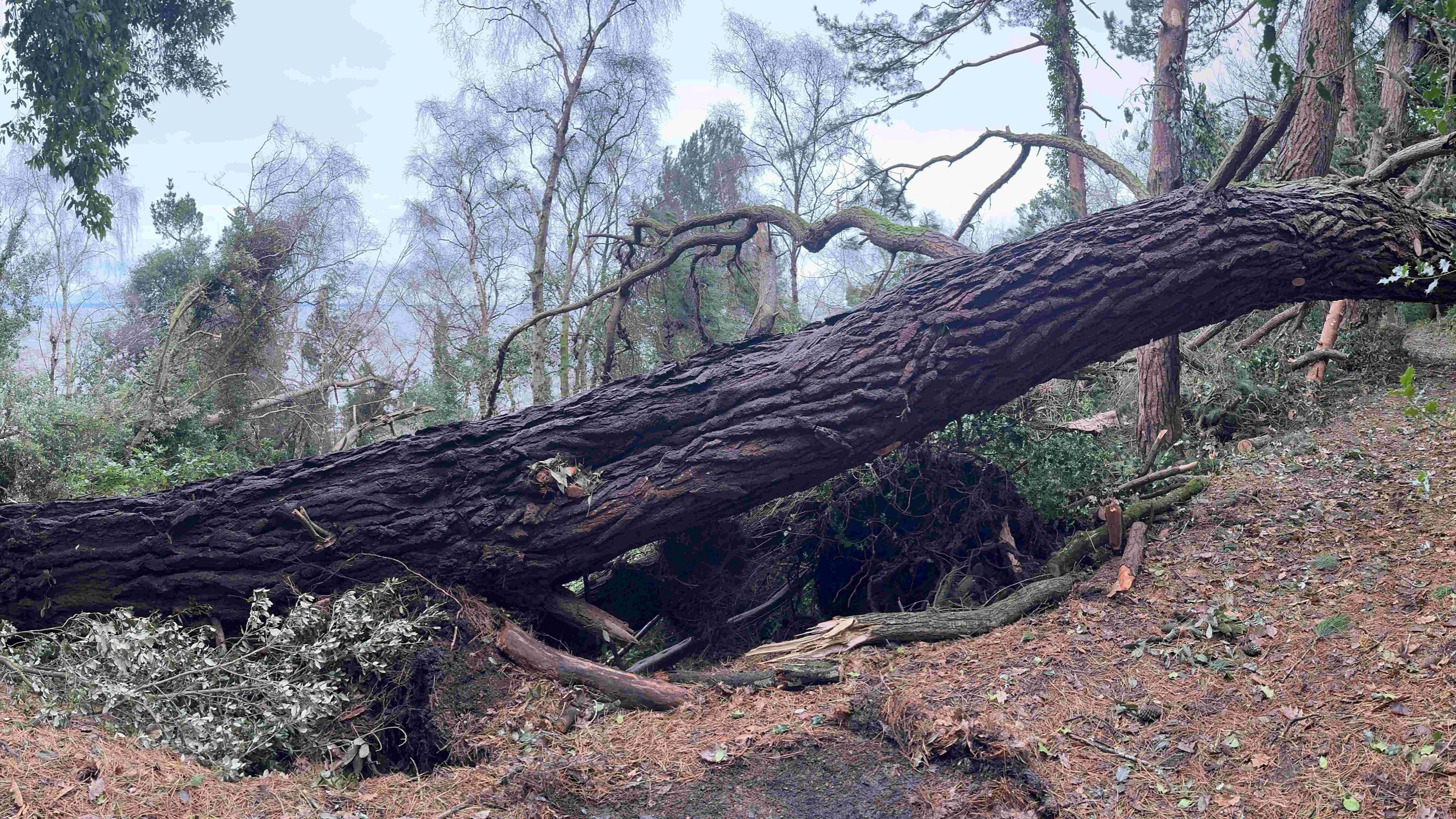Peatland restoration aiding important bird species
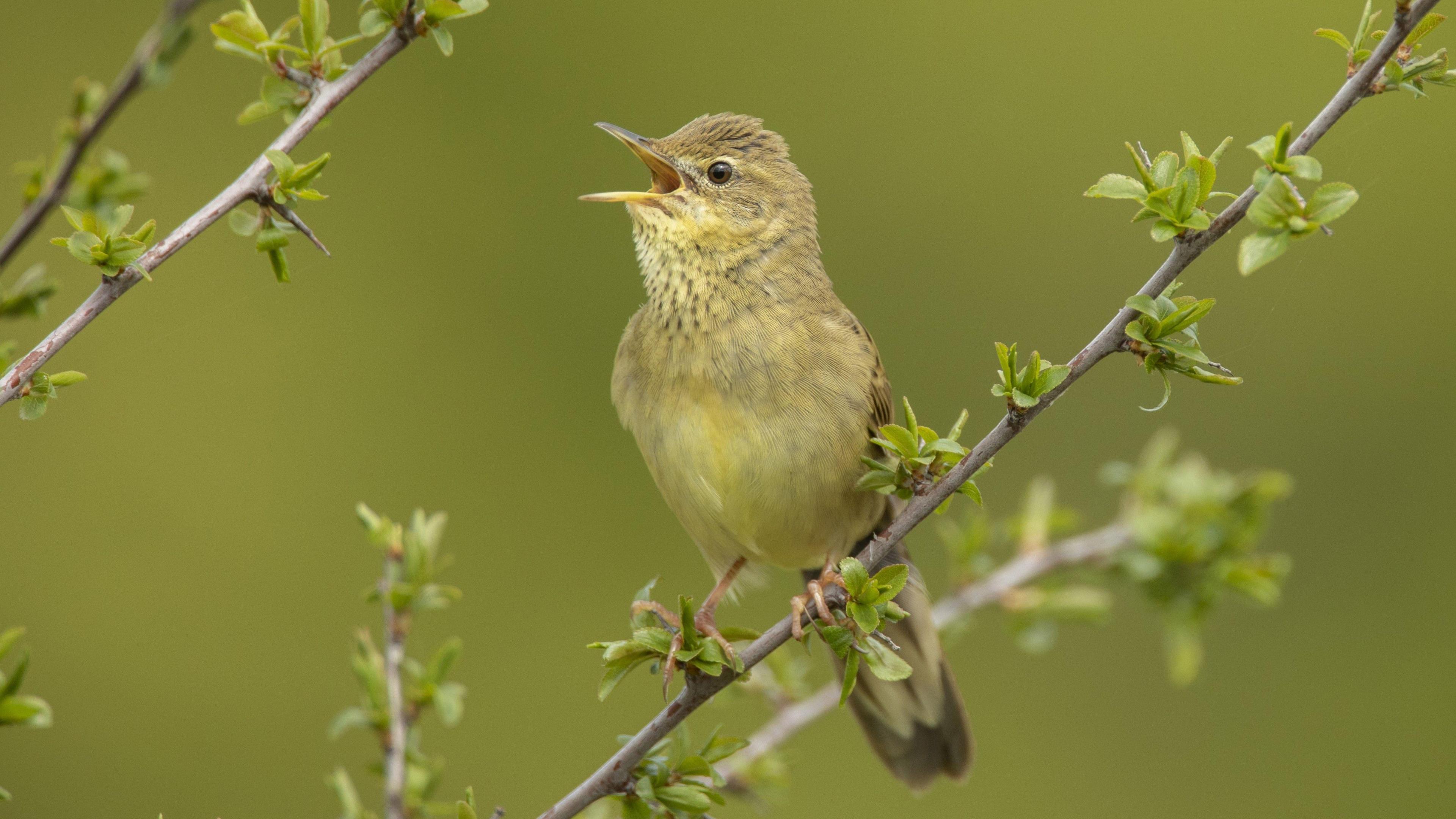
The grasshopper warbler has benefitted from improvements to peatland habitats
- Published
The restoration of peatlands on Exmoor is helping it remain a stronghold for several important bird species, a report has said.
The Moorland Bird report by the Exmoor National Park Authority (ENPA) has identified population increases for the grasshopper warbler, the reed bunting, the whinchat and the snipe, which oppose trends of national decline.
The report is based on an extensive survey, external conducted in the spring and summer of 2024 which covered 17,000 hectares of Exmoor's moorland.
ENPA lead moorland bird survey officer, Joan Castelló, said: "Although many of the target species of this survey are declining in the UK, we found that many of those species are still doing quite well in Exmoor."
The full results of the survey have now been collated and released, along with a complete bird map for moorland landowners and a free pocket guide for enthusiasts which can be picked up at any of Exmoor's three national park centres.
The survey recorded more than 35,000 birds across the national park and the data provides the park authority with a picture of both how bird species are faring and the condition of the moorland itself.
The whinchat is identified as a "really positive story" due to the numbers countering the trend of the species which is "declining heavily in most parts of the UK", Mr Castelló said.
It is believed the work of the South West Peatland Partnership to restore peatland across Exmoor has helped the recovery of the grasshopper warbler, the reed bunting and the snipe, which the report said have "responded very well" to the improvements made.
The increase in snipe was also identified as being "really important" due to the declining numbers of wading birds which are still breeding on Exmoor, Mr Castelló added.
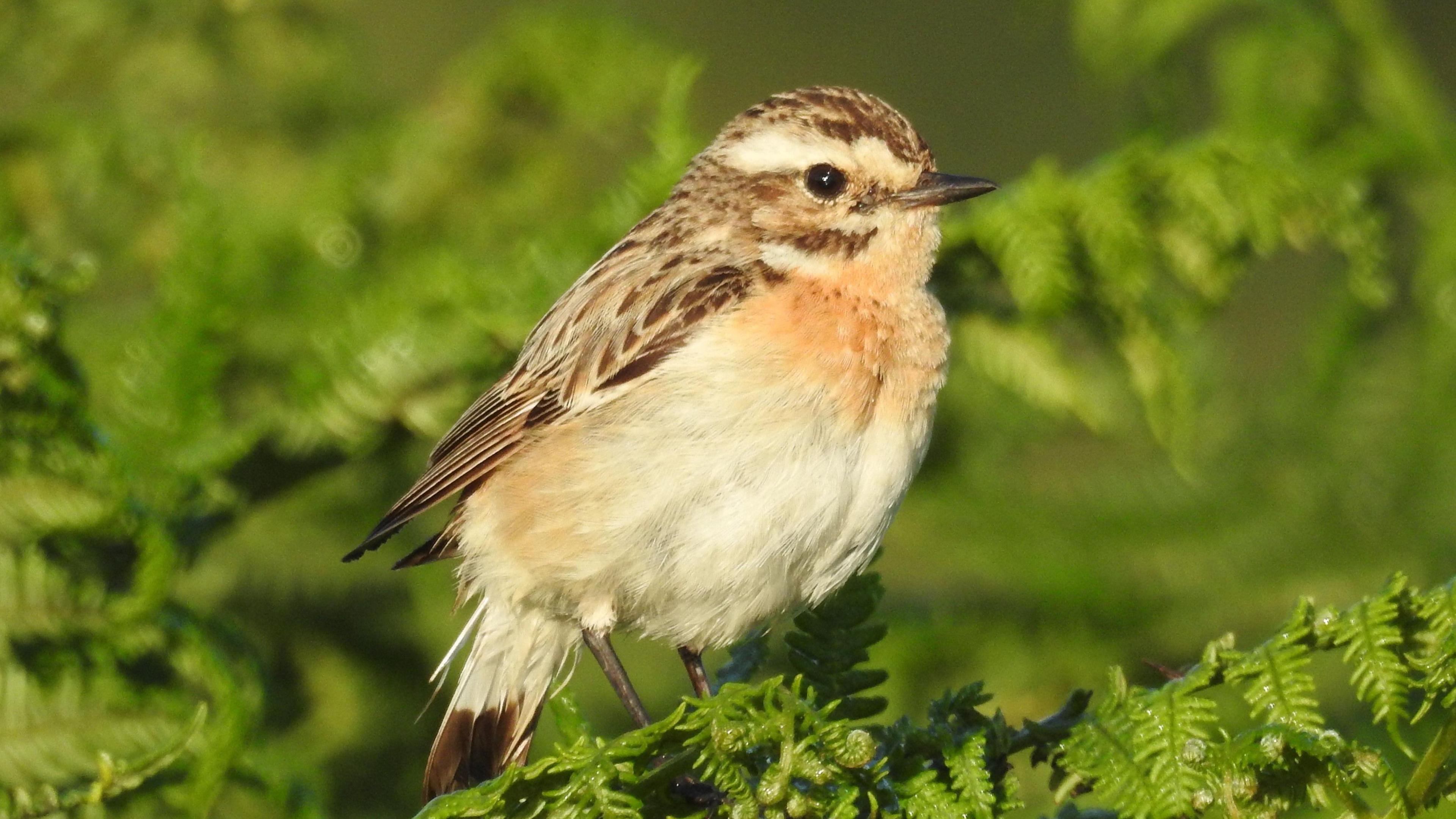
The whinchat is often found in habitats where gorse bushes grow
The environmental data collected from the survey is being used to make recommendations to land owners on how they can more effectively manage their land.
Mr Castelló attributed part of the reason for decline in some species to agricultural intensification, including the use of pesticides, herbicides and insecticides.
He recognised that land management on national parks is "not an easy task" but suggested farmers "try to keep a balance of habitats and avoid one habitat dominating over the rest".
Get in touch
Tell us which stories we should cover in Somerset
Follow BBC Somerset on Facebook, external and X, external. Send your story ideas to us on email or via WhatsApp on 0800 313 4630.
Related topics
- Published22 November 2024
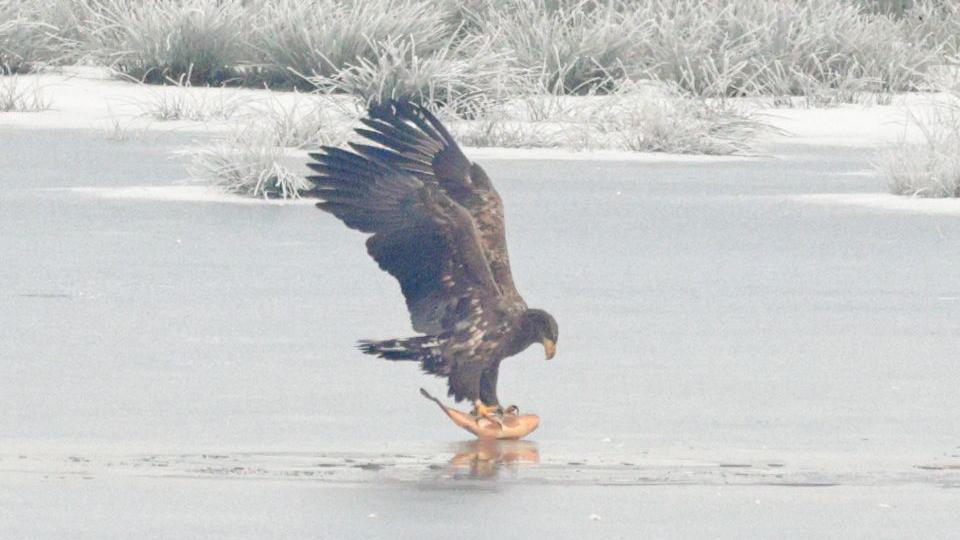
- Published17 May
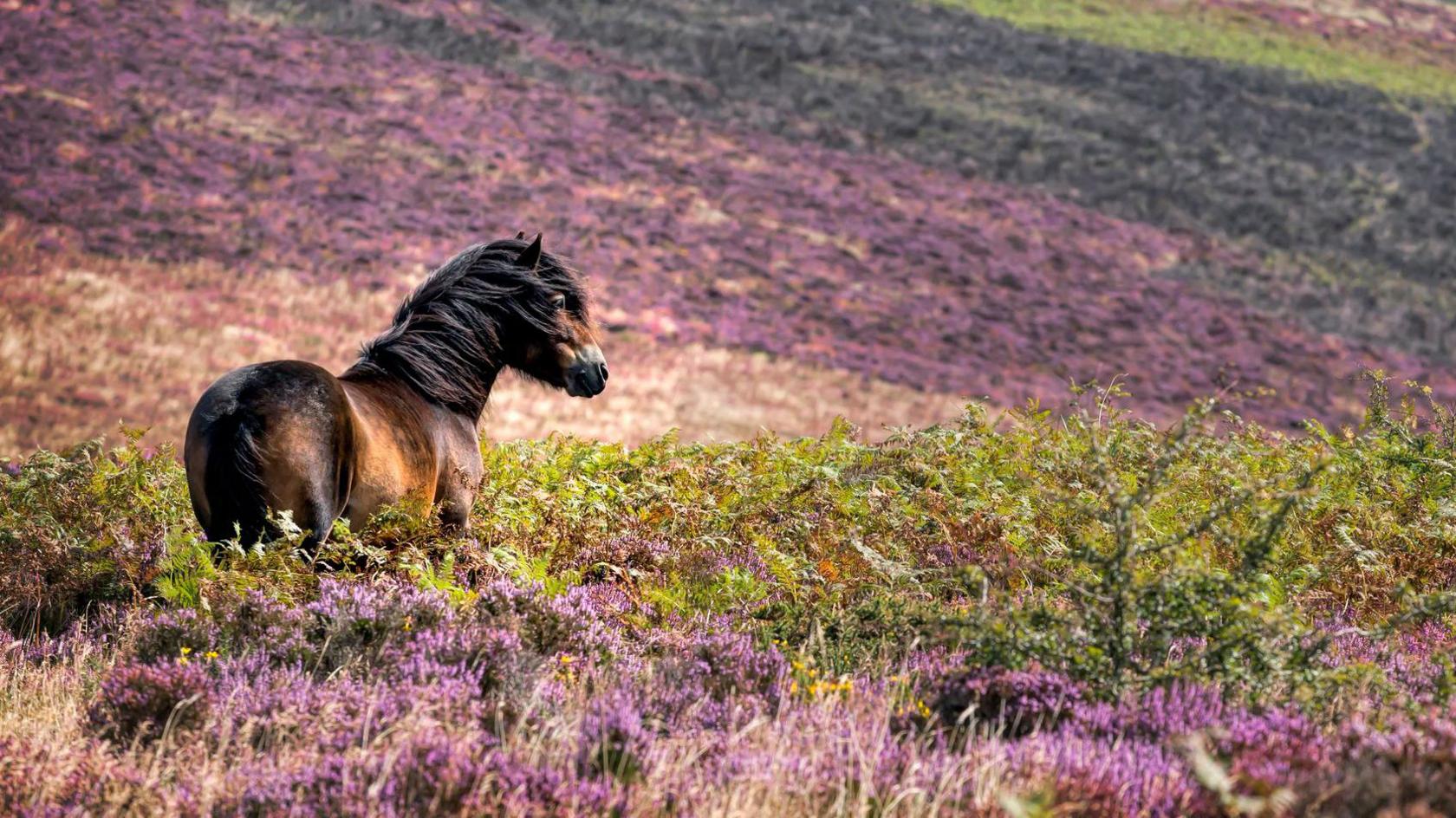
- Published23 March
